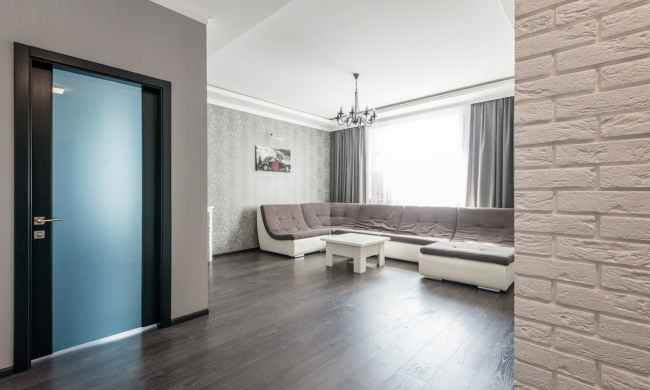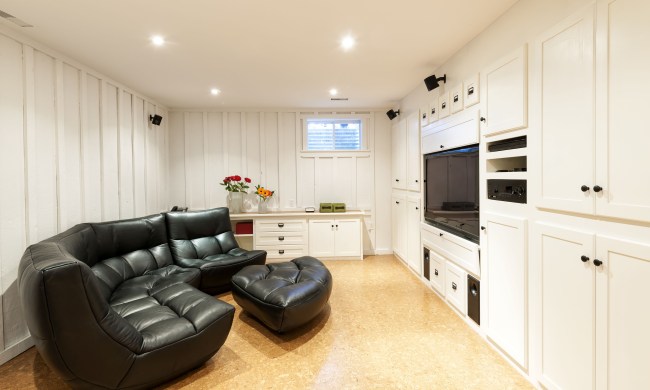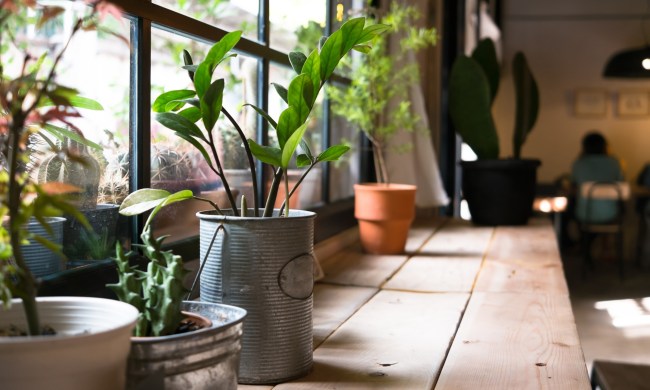Solar power is on the rise and becoming more popular with every passing year. Not only does solar power reduce your carbon footprint by providing electricity through a clean and renewable resource, but it also allows you to live a more off-grid lifestyle. Your home’s energy won’t depend on the operations of the powerplant down the road.
Since your home’s heating and cooling system comprises over half of your home’s consumed energy every year, you can make the biggest financial and environmental impact by upgrading to a solar-powered HVAC system. We set out to find the cream of the crop when it comes to solar heating and cooling systems for homes, and we’re going to take a dive into some of the good, better, and best picks.
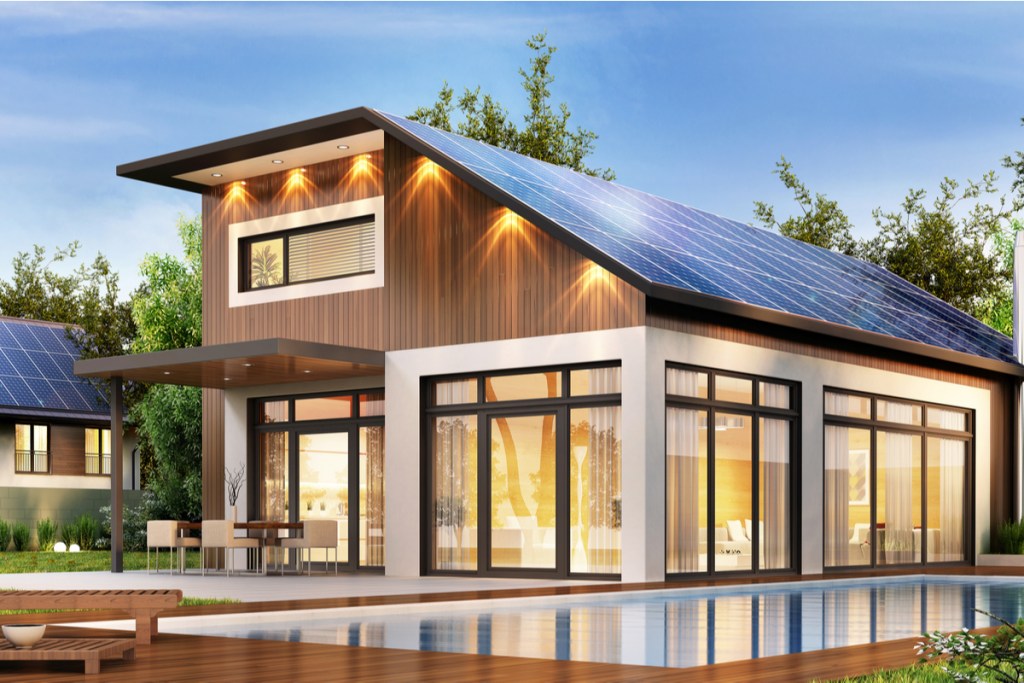
Two types of solar heating and cooling systems
Before we review our top picks, let’s talk about the options you have for solar-powered temperature control. Since these solar panels convert sunlight into energy, they don’t charge during the evening hours or on overcast days. For this reason, your system needs to have a backup in place to continue heating or cooling your home when no sunlight is available.
AC/DC hybrid systems
Hybrid systems use both solar and standard electrical energy from the grid. They primarily use energy from solar panels when it’s available, but begin operating on your electrical grid system when sunlight is sparse.
Off-grid battery storage
Off-grid systems use no grid power at all. These systems store energy in batteries during sunlight hours in order to operate during periods of no sunlight. Off-grid systems operate on 100% solar power with absolutely zero grid-related costs to you.
Good: HotSpot Energy’s Solar Air Conditioner Heat Pump
HotSpot Energy’s Solar Air Conditioner Heat Pump can both heat and cool your space during sunlight hours. It’s a hybrid energy system, so during evening hours or on cloudy and overcast days, it automatically switches to grid electricity to ensure uninterrupted heating and cooling. It automatically switches over to grid power when there is no sunlight available, so you don’t have to worry about turning this function on and off.
No batteries are required for energy storage since the grid is its backup energy source. If you choose against using the grid, the system still performs well. It is built to slow its speed and conserve the amount of available solar energy, reducing the number of times it turns off. This system is perfect for those looking for an economical way to reduce their environmental impact and save money during peak energy use times.
Better: GREE’s Solar Hybrid Hi Wall Inverter Air Conditioner (Heat Pump)
Another hybrid energy system, Gree’s Solar Hi Wall Inverter Air Conditioner and Heat Pump uses solely sunlight solar power (when it’s available) to heat and cool your home. When no solar power is available, it easily switches to grid power automatically without manual operation from the user. This system also improves your home’s air quality and operates quietly so you can live comfortably and peacefully.
Since warm air rises, the wall unit automatically points its airflow up when cooling and down when heating, creating quicker and more efficient temperature control in your space. We love that the unit comes with a remote control reader that can monitor your home’s temperature from anywhere in the house, as opposed to other systems that monitor temperature just around the unit itself. This system is great for you if you want to lower your energy bills with supplemental solar power and are willing to invest a little more money in a smart energy system.
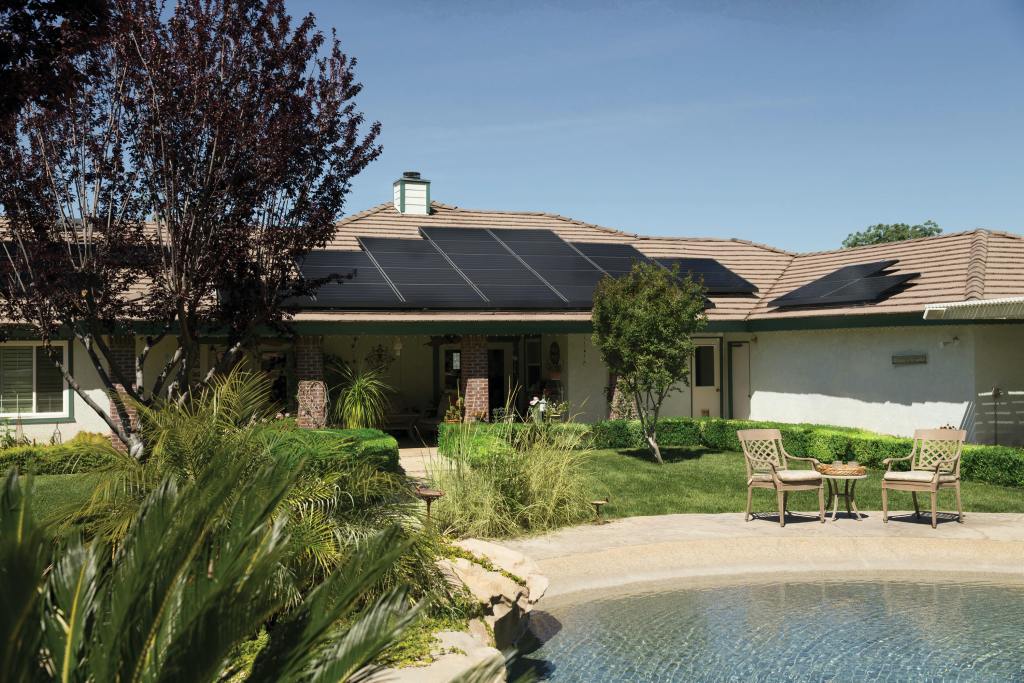
Best: SolarAir World’s 100% Off-Grid Solar Air Conditioner
If you want to transition to a solar heating and cooling system that is completely off the electrical grid, SolarAir World’s 100% Off-Grid Solar Air Conditioner is perfect for you. The system includes batteries that store solar energy during daylight hours to keep your heating and cooling running overnight and on cloudy days. Since it requires no connection to the electrical grid, you can operate this system at zero cost after the initial purchase and installation. The outdoor unit is built with materials that fight corrosion for ultimate military-grade durability and longevity, so it’s an investment that will last you for years to come.
If you’re itching to make the change to clean energy, these temperature control systems are a great place to start. By making the switch, you’ll save money, reduce your carbon footprint, and move one step closer to operating solely on renewable energy.

